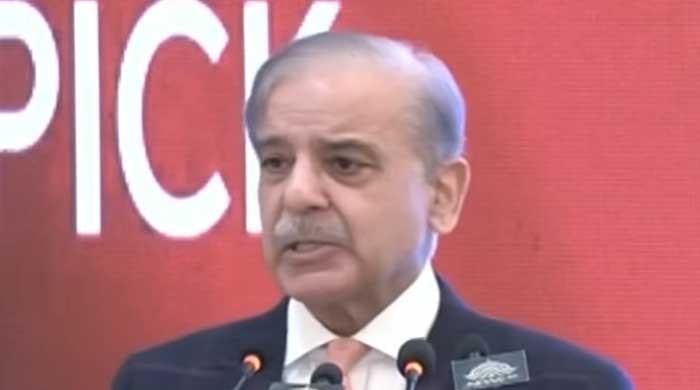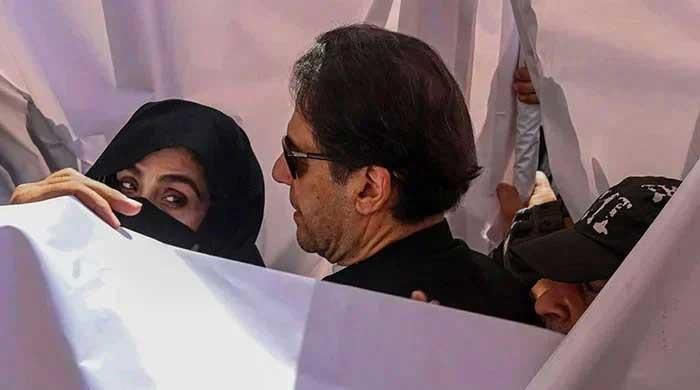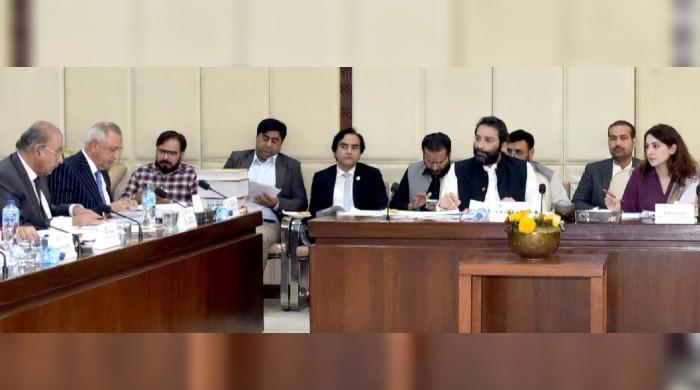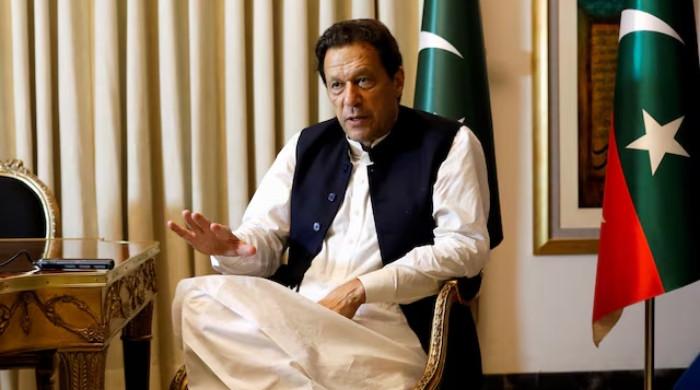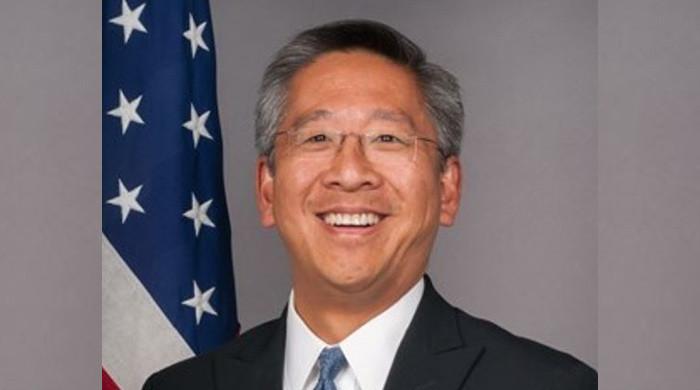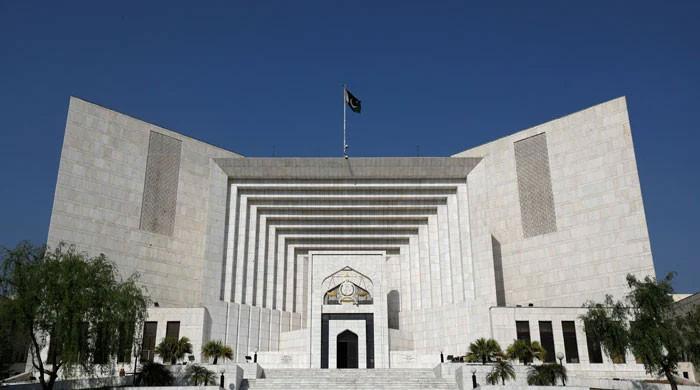Chairman Senate accepts Anwaar-ul-Haq Kakar's resignation
Caretaker prime minister-designate will be sworn in as the caretaker premier later today
August 14, 2023
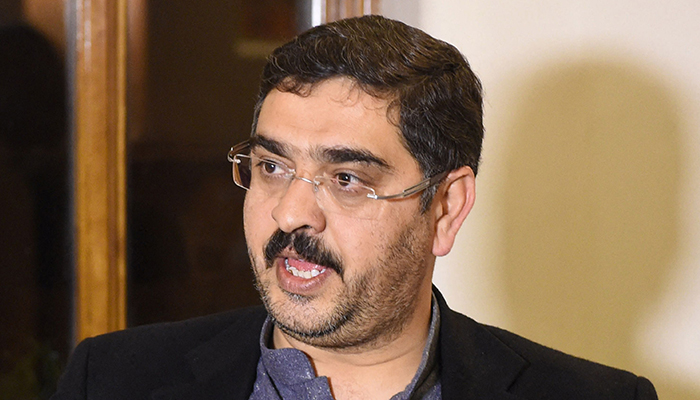
- Anwaar Kakar resigns to remain neutral during his tenure.
- He will be sworn in as the caretaker premier later today.
- Caretaker PM-designate also surrendered his BAP membership.
ISLAMABAD: Chairman Senate Sadiq Sanjrani Monday accepted Anwaar-ul-Haq Kakar's resignation as a senator after he was appointed as the country's eighth caretaker prime minister.
He will be sworn in as the caretaker premier later today.
Kakar, an independent lawmaker, was elected to the Senate in 2018 and has remained a very active politician. The resignation comes as he seeks to remain neutral in discharging his duties as the head of the interim setup.
"Anwaar-ul-Haq Kakar, Member Senate of Pakistan, has resigned his seat, as his Principled stance of neutrality on becoming the caretaker Prime Minister, by writing under his hand in person before the Chairman Senate," a notification from the Senate Secretariat read.
"The Honourable Chairman Senate has been pleased to accept the resignation and consequently his seat has become vacant in terms of clause (1) of Article 64 of the Constitution of the Islamic Republic of Pakistan with effect from 14 August."
The development comes a day after Kakar surrendered his membership of the Balochistan Awami Party (BAP) and resigned as a senator.
Taking to X — formerly known as Twitter — Kakar said: “Owing to the fundamental responsibility conferred upon me as the caretaker Prime Minister, I have decided to surrender my membership of the Balochistan Awami Party (BAP) and relinquish my Senate position.”
The caretaker premier-designate also requested the people to pray for him so that he can comply with their expectations by fulfilling his fundamental responsibility in the best manner.
Politicians from both sides — the former government and opposition — welcomed the appointment and hoped that the interim PM would ensure free and fair polls in the country.
Kakar, 52, a little-known politician from the southwestern province of Balochistan, will name a cabinet and head a government to steer the nation through economic and political crises until a new government is elected.
The choice of caretaker prime minister has assumed greater importance because the candidate will have extra powers to make policy decisions on economic matters, while the elections may be delayed by up to six months.
The Election Commission of Pakistan has to draw new boundaries for hundreds of federal and provincial constituencies and, based on that, it will give an election date.




